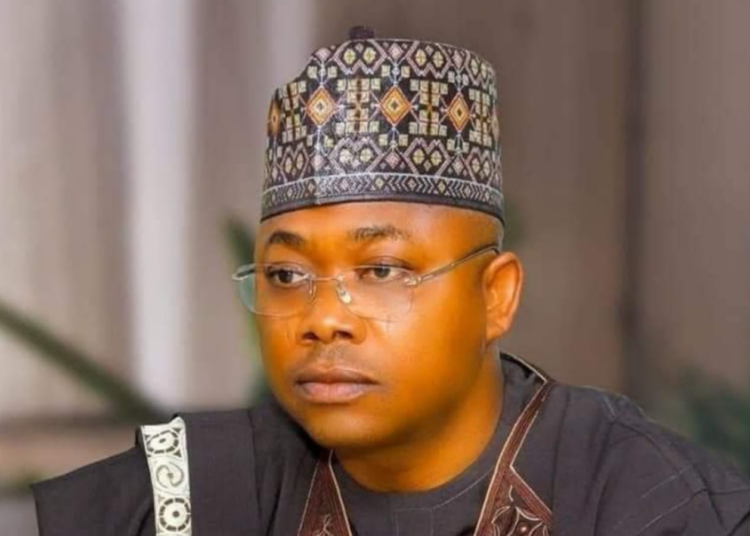The Supreme Court on Monday reserved judgment in the appeal challenging the election of Governor Usman Ododo of Kogi State. The judgment was reserved after the Court listened to arguments from all parties involved.
Yakubu Muritala Ajaka, the candidate of the Social Democratic Party (SDP) in the last Kogi State governorship election, had filed the appeal, alleging irregularities in the election that declared Ododo the winner. Ajaka and his party sought to overturn the concurrent decisions of the Court of Appeal and the election tribunal, both of which upheld Ododo’s victory in the November 11, 2023, election.
At the hearing, Ajaka’s counsel, Pius Akubo (SAN), informed the Court that his client had written to the Chief Justice of Nigeria requesting a full panel to hear a specific issue raised in their appeal. The issue pertains to paragraphs 4.28 and 4.29 on page 16 of the appellants’ brief, where they requested the Court to reconsider its previous decisions in this context.
However, the lawyers representing the respondents—including Kanu Agabi (SAN) for the Independent National Electoral Commission (INEC), Joseph Daudu (SAN) for Governor Ododo, and Emmanuel Ukala (SAN) for the All Progressives Congress (APC)—argued that the application for a full panel was unnecessary. They urged the Court to proceed with the hearing as currently constituted.
Justice Mohammed Lawal Garba, who presided over the five-member panel, noted that the issue for which a full panel was requested constituted only a fraction of the entire appeal. He confirmed that the Court, as presently constituted, could hear and decide the case. Justice Garba then invited Akubo to present his arguments.
Akubo adopted his briefs and urged the Court to allow the appeal, set aside the Court of Appeal’s decision, and declare Ajaka as the duly elected governor of Kogi State. The respondents’ counsel, on the other hand, asked the Court to dismiss the appeal and affirm the Court of Appeal’s judgment.
The Supreme Court has adjourned the case, with the date for delivering judgment to be communicated to the parties at a later time.





